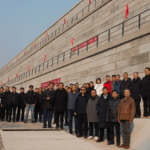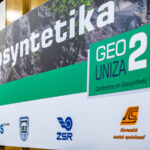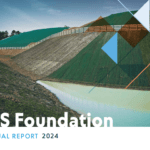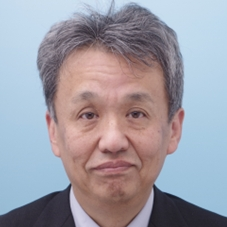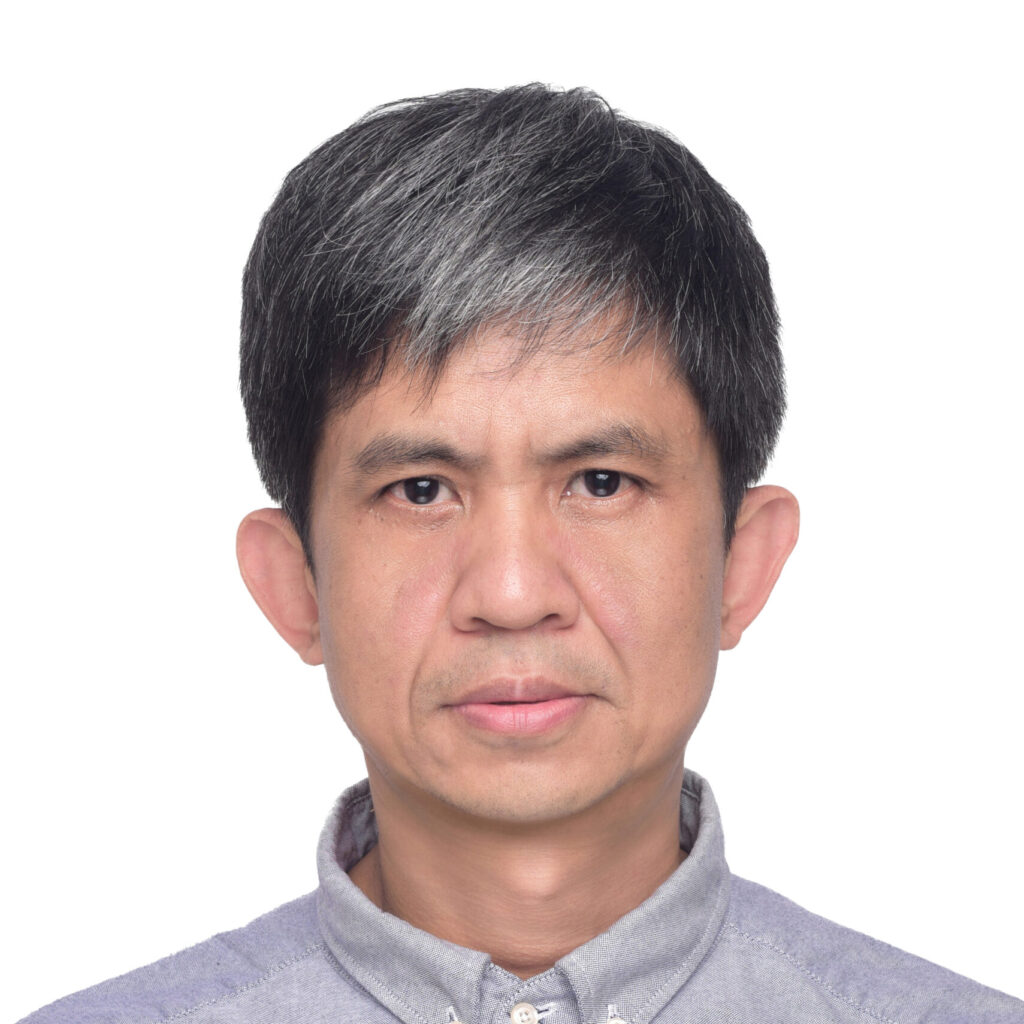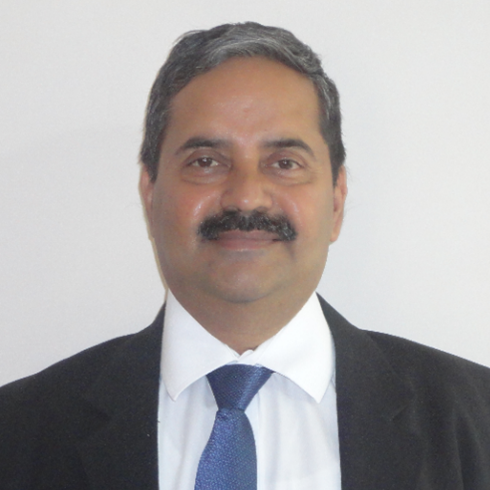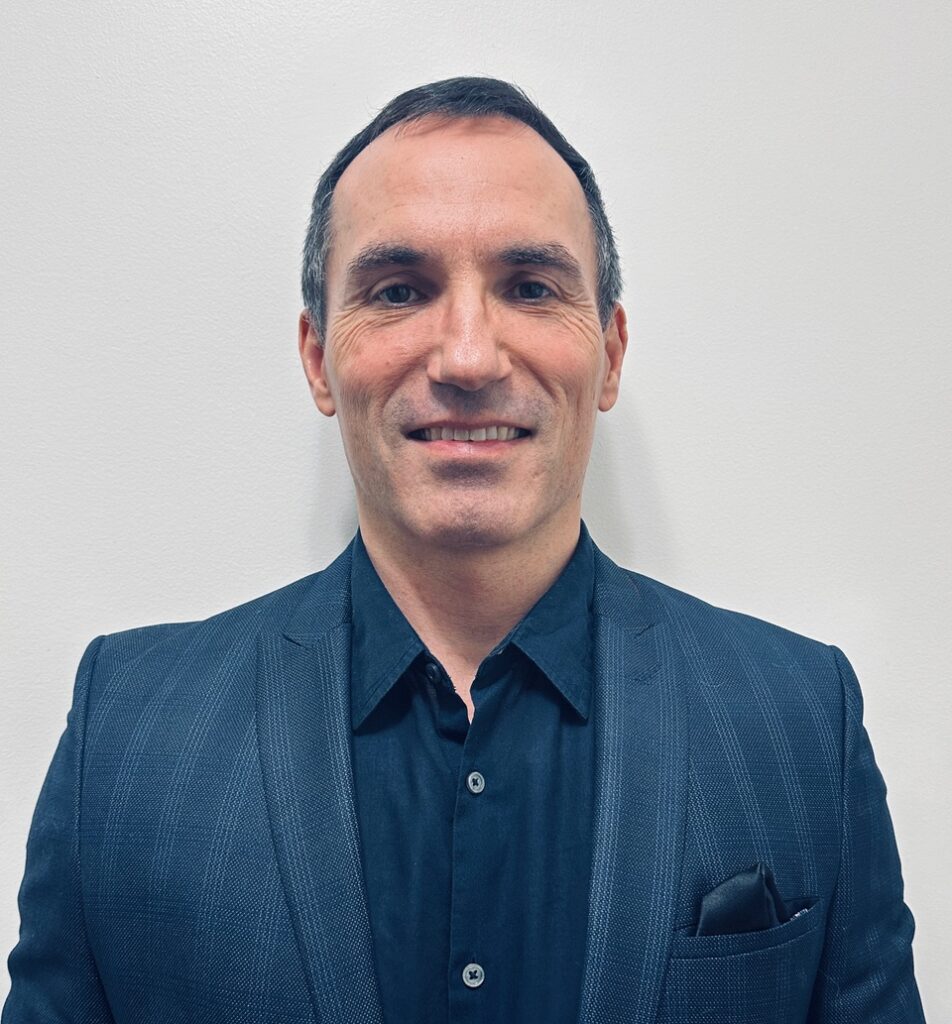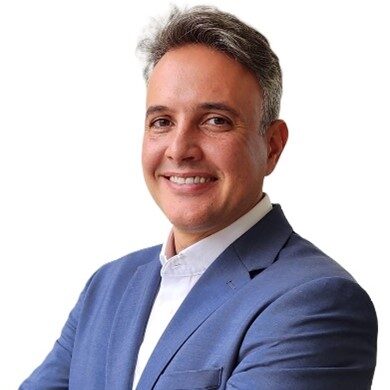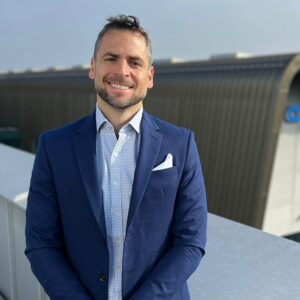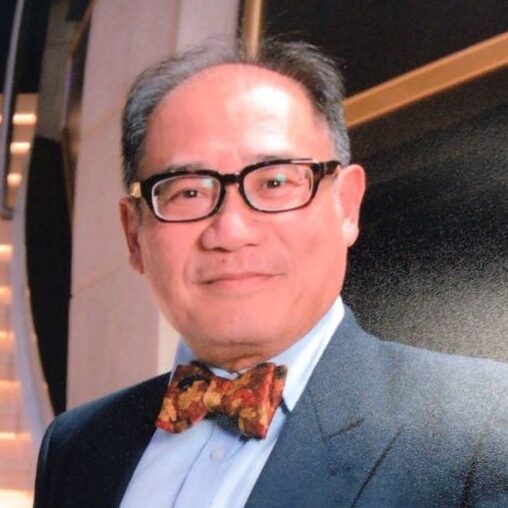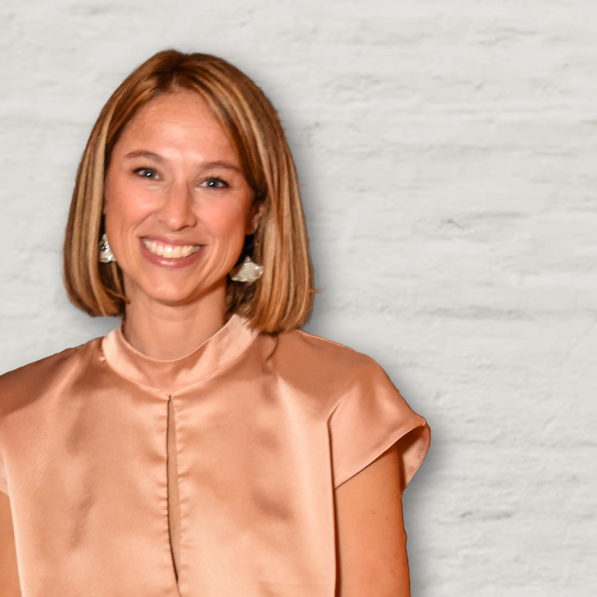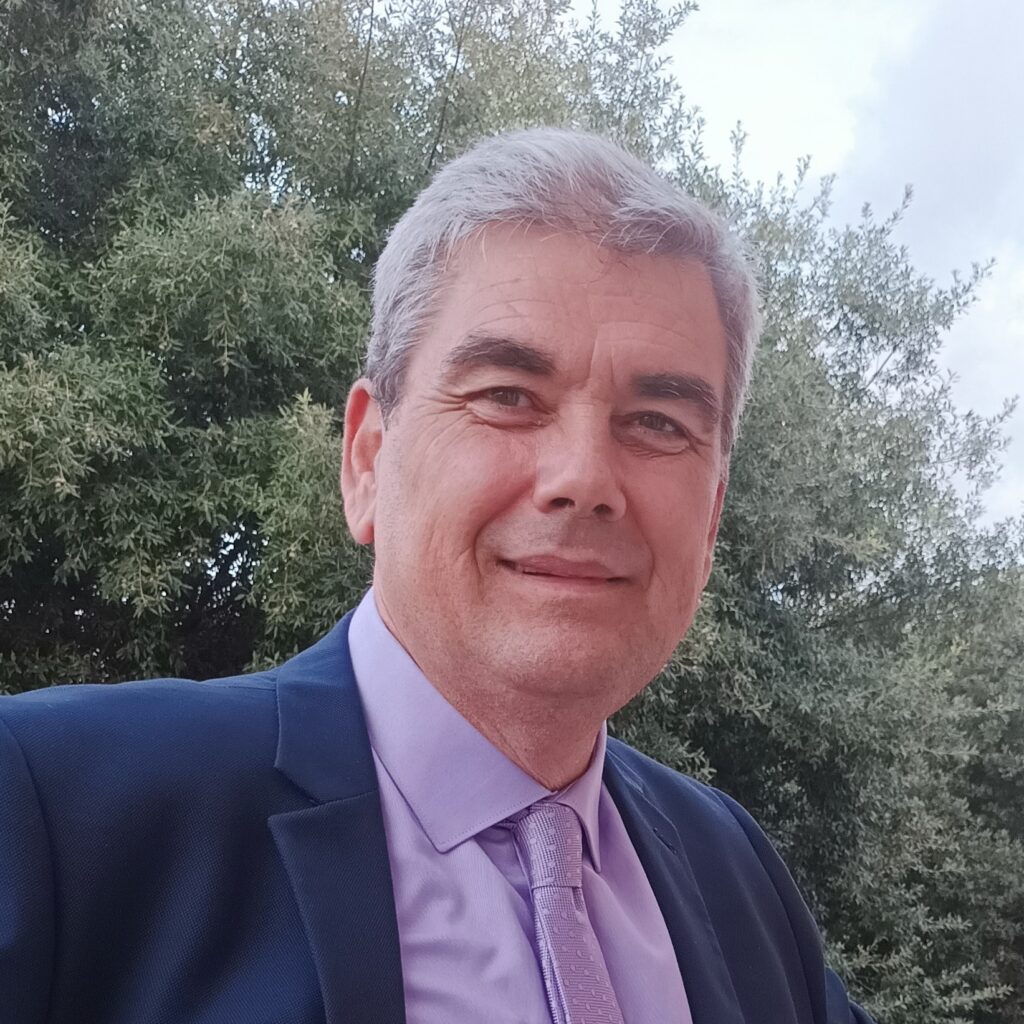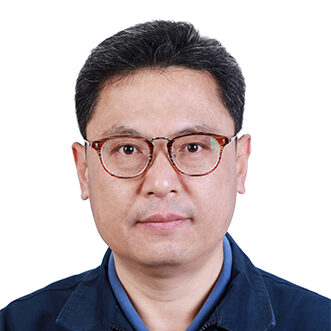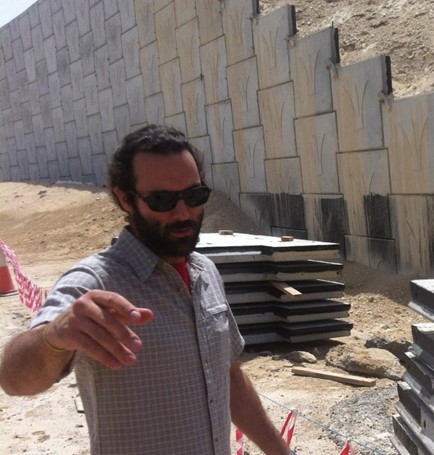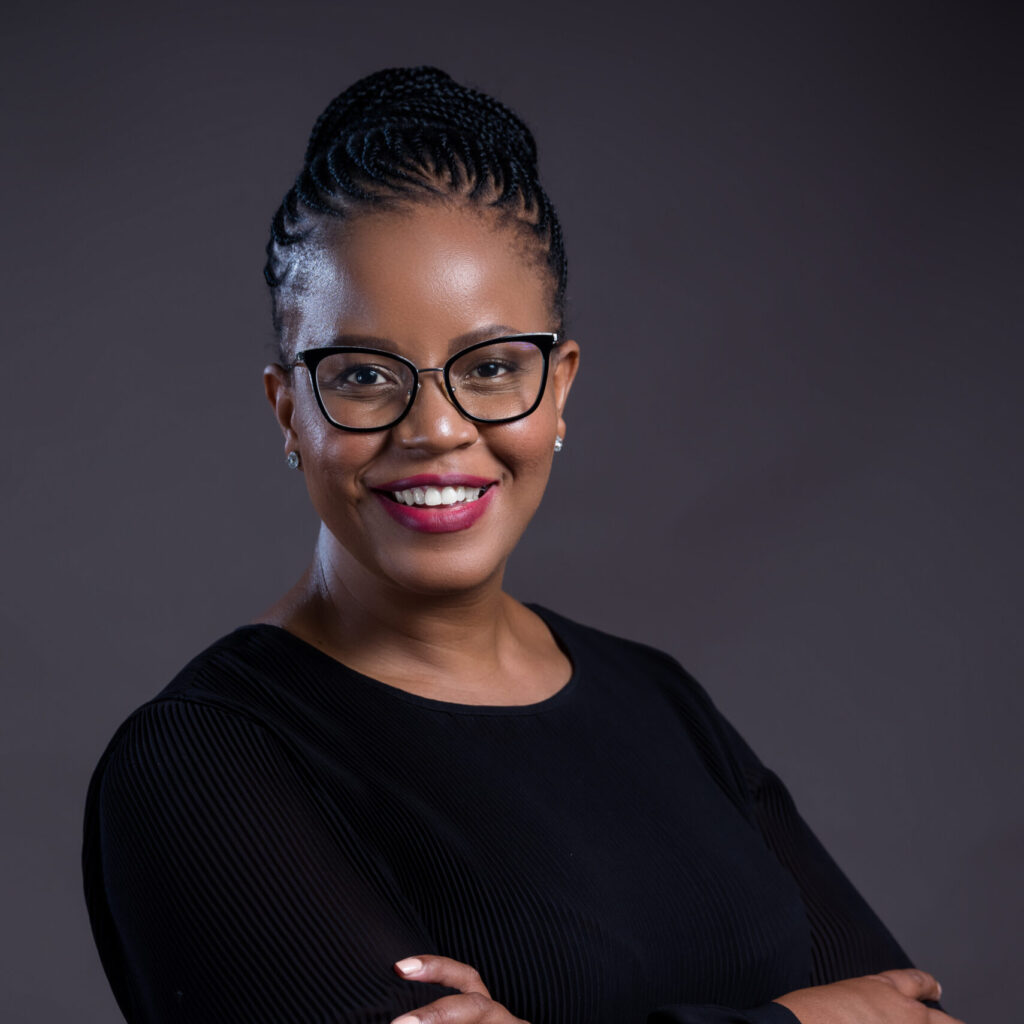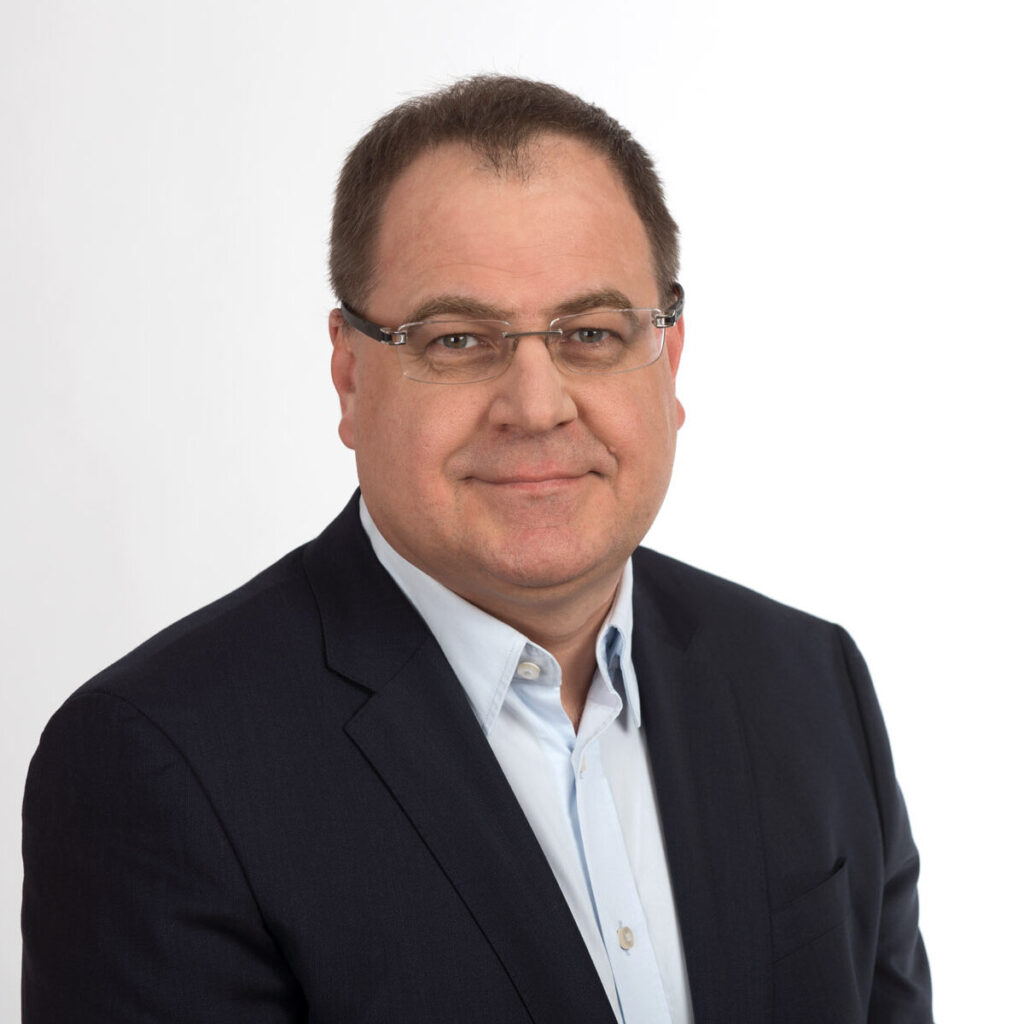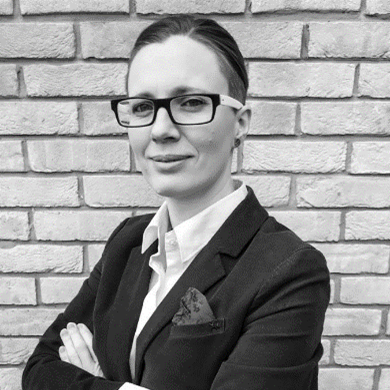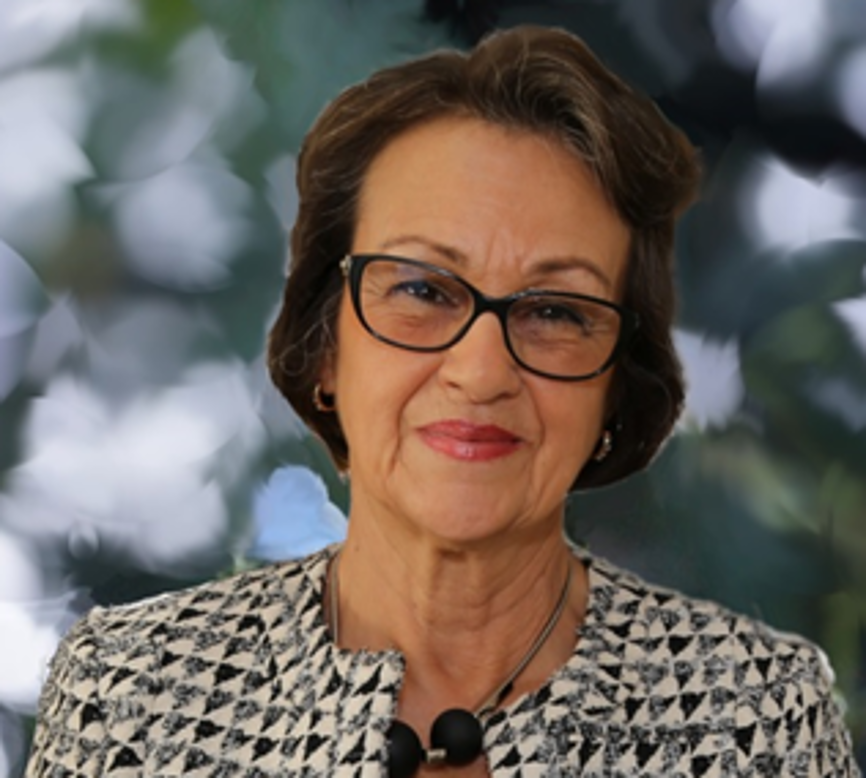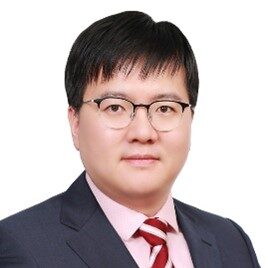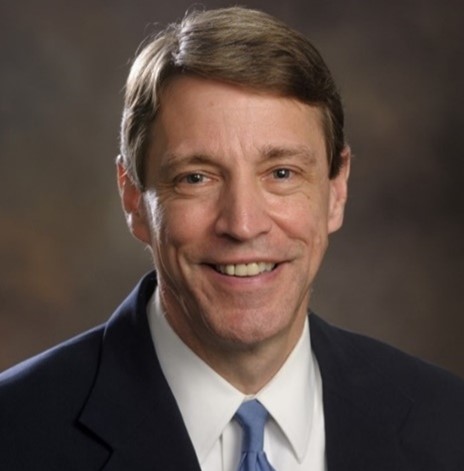The Technical Committees (TC) of the IGS have been thriving for more than a decade. Set up to spearhead progress, discussion and education in specific geotechnical areas, there are currently four TCs: Stabilization, Barrier Systems, Soil Reinforcement, and Hydraulics.
Here, in a series of articles, we will explore the TCs, discovering their origins, aims and ambitions.
We begin where it all started – with founder Professor Jorge Zornberg, who is also vice-chairman of the Technical Committee on Stabilization.
The seed is sown
Professor Jorge Zornberg became President of the IGS in 2010 and recognized the need for restructuring the Society’s operating units. Working in advance with members who were leaders in reinforcement and barriers, proposals for the very first Technical Committees of the IGS were prepared and then presented at an IGS Council meeting – Prof. Zornberg’s first as new President.
The Council approved the new set-up, as well as operating units known as ‘Task Forces’; groups set up to explore technical and non-technical projects and which sometimes develop into becoming full committees.
Prof. Zornberg, who was IGS President between 2010 and 2014, said: “The technical content of the IGS had been managed by conference organizers, and by journal editors, which is great. But I thought it was time for groups with common technical interests to start meeting regularly and develop content that went beyond technical papers.
“I am very pleased that this ended up being the case, and I’m pleased they are unique and different than the TCs of other sister societies because their representation is defined only by whether the TC member is willing to contribute, not by geographic representation, as is common elsewhere.”
Prof. Zornberg added: “I think we have overcome many of the hurdles and achieved many of the goals we identified at the time, which you can see in the brainstorming image!”
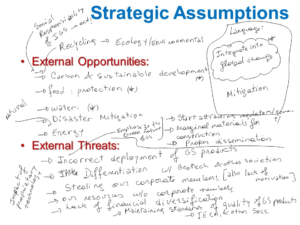
Helping TCs thrive
Consistency and inclusion are key to the effectiveness of the IGS TCs and encouraging involvement and developing access in response to members’ needs is vital.
Prof. Zornberg said: “The challenge is to maintain continuity of activities, and the opportunities are to capitalize on the continuously improving methods of communication that no longer require us to travel to a corner of the world to gather the experts on a given topic.
“I’m proud the TCs offer the opportunity to capture the involvement of IGS members who would not be active within the IGS otherwise. This includes young members, as they are particularly interested in technical aspects of our discipline. The TCs also provide formal continuity on technical discussions, which may otherwise only take place informally.
“My particular highlights have been the specialty workshops and conferences we offer and it’s very satisfying to see the impact on members’ enjoyment and understanding of these various topics.”
The future
Prof. Zorberg is delighted with the progress of the TCs but says his original aims for the TCs are yet to be achieved. He suggests a way forward.
He said: “There are two aspects that I was hoping to see (from the very beginning) and they are still to materialize. One of them is that I hope that TCs are developed in very narrow, yet controversial topics. Right now the TCs are somewhat ‘balanced’ and cover the various functions or applications of geosynthetics.
“I think there is the need for very focused groups of experts to work together in quite narrow technical topics. For this to happen the IGS should provide the framework, while the experts need to be lured to develop their work within the IGS framework.
“The other aspect I hope to see is the organization of regular specialty geosynthetic conferences. I think we could do better in the development of technical content and a great opportunity would be having specialty workshops and conferences.”
Despite the opportunities yet to take advantage of, Prof. Zornberg said he was looking forward to the continued growth in the activities of the TCs, and reiterated the benefits to members.
“Different members have different interests and the beauty of the TCs means those members who are interested in contributing technically as a group can do it under the umbrella of a technical committee dedicated to their area of interest. I would encourage members to get involved and help influence the direction and development of your specialty,” he said.
To find out more, including how to join and propose your own TC, visit the IGS Technical Committees webpage here.


